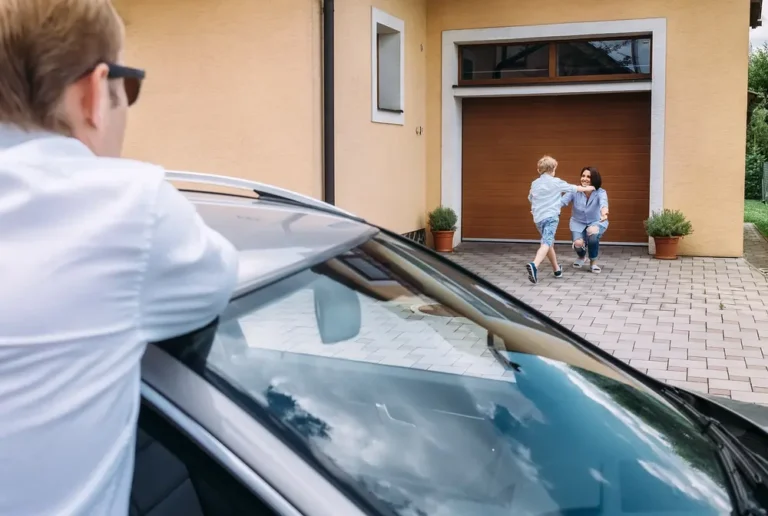Co-Parenting After Divorce: A Guide for St. Louis Families~ 2 min read
When children are involved in a divorce it can make the divorce process even more difficult. But once the legal proceedings are over, the real work of co-parenting begins. Here are six tips to help you and your ex navigate this challenging journey:
1. Avoid Assumptions
It is easy to fall into the trap of assuming the worst about your ex-spouse but try to give them the benefit of the doubt. Keeping an open mind can lead to better communication and less conflict.
2. Maintain Professionalism
Treat your co-parenting relationship like a business partnership. This means keeping communication respectful and avoiding sending angry emails or texts that could escalate tensions.
3. Be Respectful
Demonstrate respect in all aspects of your interactions. This includes your communication style with your ex-spouse, the way you exchange your children, and exchange belongings. It also includes how you engage in discussions regarding their wants or needs.
4. Stay Future-Focused
Dwelling on the past won’t help you move forward. Instead, focus on building a positive co-parenting relationship for the sake of your children. Consider seeking therapy if you need help processing your emotions and moving on.
5. Prioritize Your Children
Remember that your children’s well-being should always come first. Keep your interactions with your ex-spouse child-centered and avoid letting personal animosity get in the way of effective co-parenting.
6. Use Please and Thank You
Simple acts of politeness can go a long way in fostering goodwill between co-parents. Whether you’re discussing schedules or exchanging belongings, remember to be courteous and appreciative.
By incorporating these helpful suggestions into your co-parenting routine and making empathy and respect a priority, you can build a stable and nurturing environment for your children to grow in, even after going through a divorce. This approach not only helps them feel supported and cared for but also strengthens the relationships within your family, paving the way for a brighter future for everyone involved.
Contact Family Ally
If you have questions or need legal assistance regarding divorce or any other family law matter, please contact Jennifer Piper at 314-449-9800 to schedule a consultation. Family Ally is located at 130 S. Bemiston Ave., Suite 608, St. Louis, MO 63105.
Jennifer R. Piper is a family law attorney, mediator, and parenting coordinator with more than 20 years of experience serving families in the St. Louis area. She is certified as a Guardian ad Litem and frequently appointed by courts to represent children in high-conflict cases. Jennifer is a former Chair of the Family and Juvenile Law Section of the Bar Association of Metropolitan St. Louis and an active leader in local and state bar organizations.
Her professional recognition includes being named to The Best Lawyers in America® (2017–2025), Missouri Super Lawyers (2021–2024), and receiving a Women’s Justice Award from Missouri Lawyers Weekly. Jennifer also holds an AV Preeminent rating from Martindale-Hubbell. She regularly speaks on family law topics and has helped shape family court procedures through her service on multiple committees.








